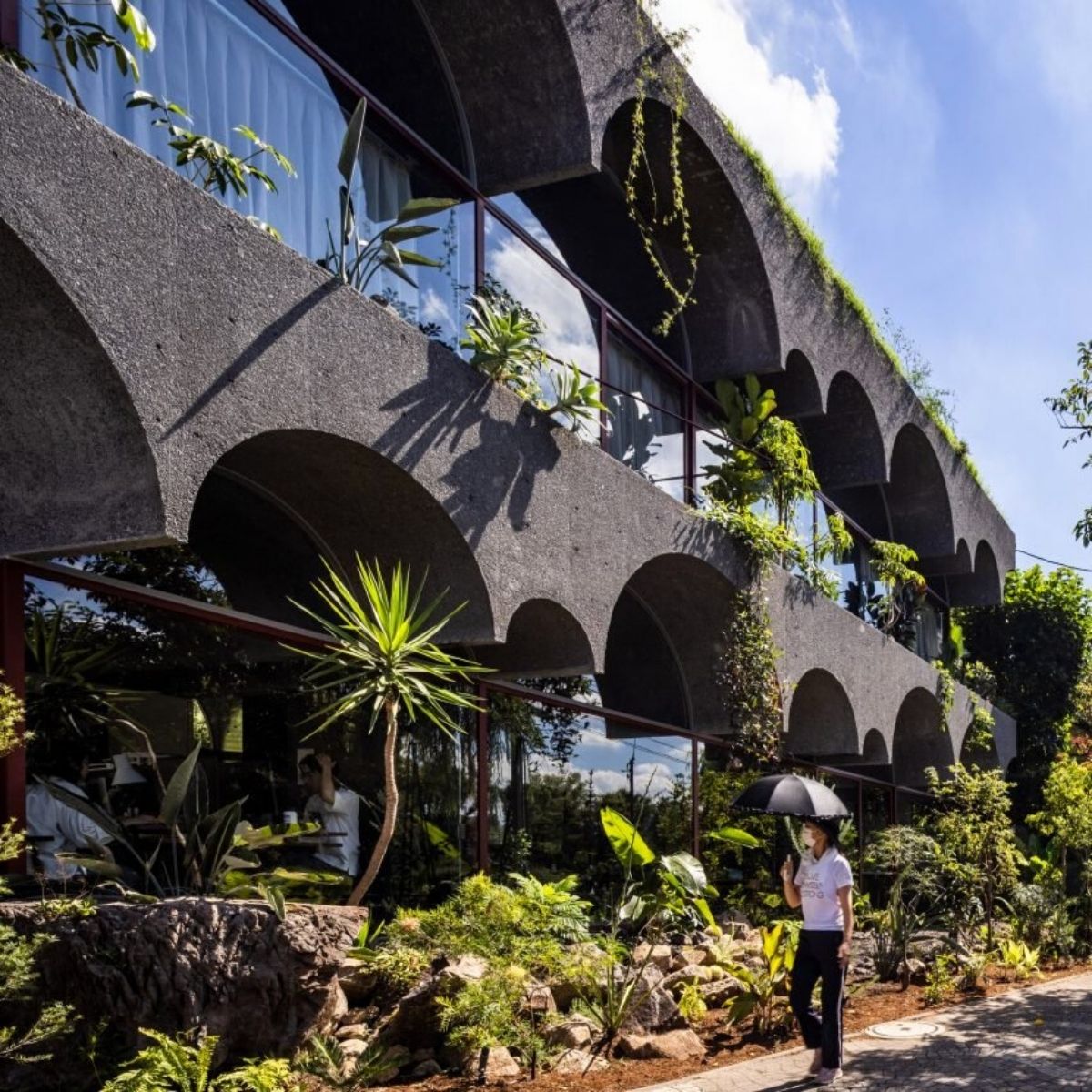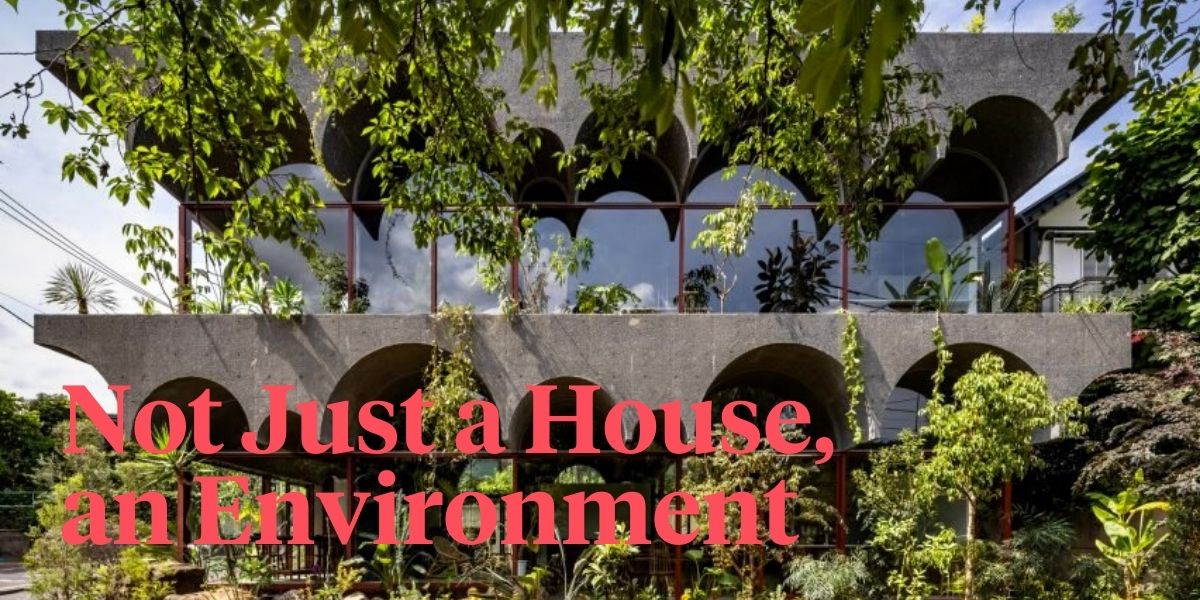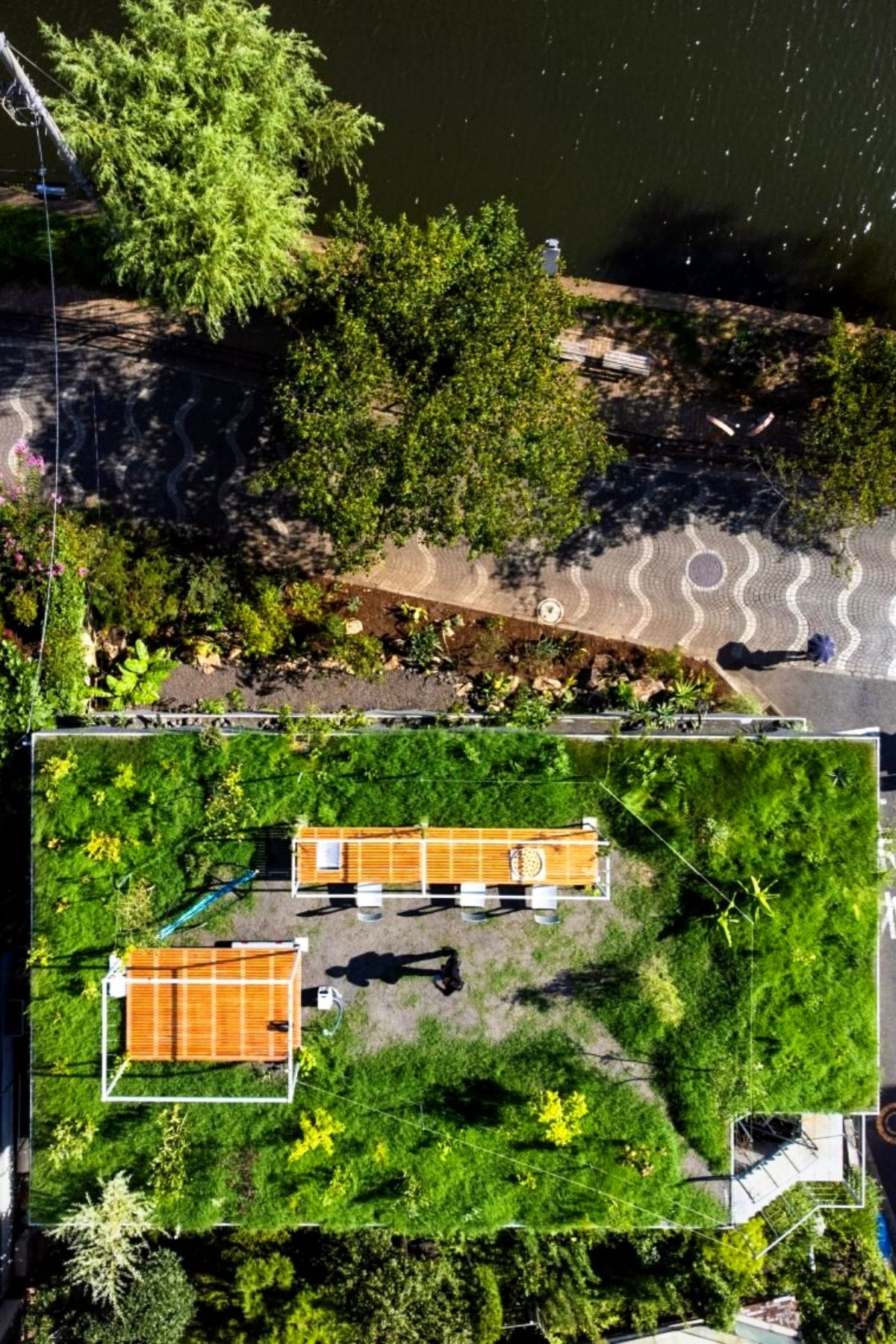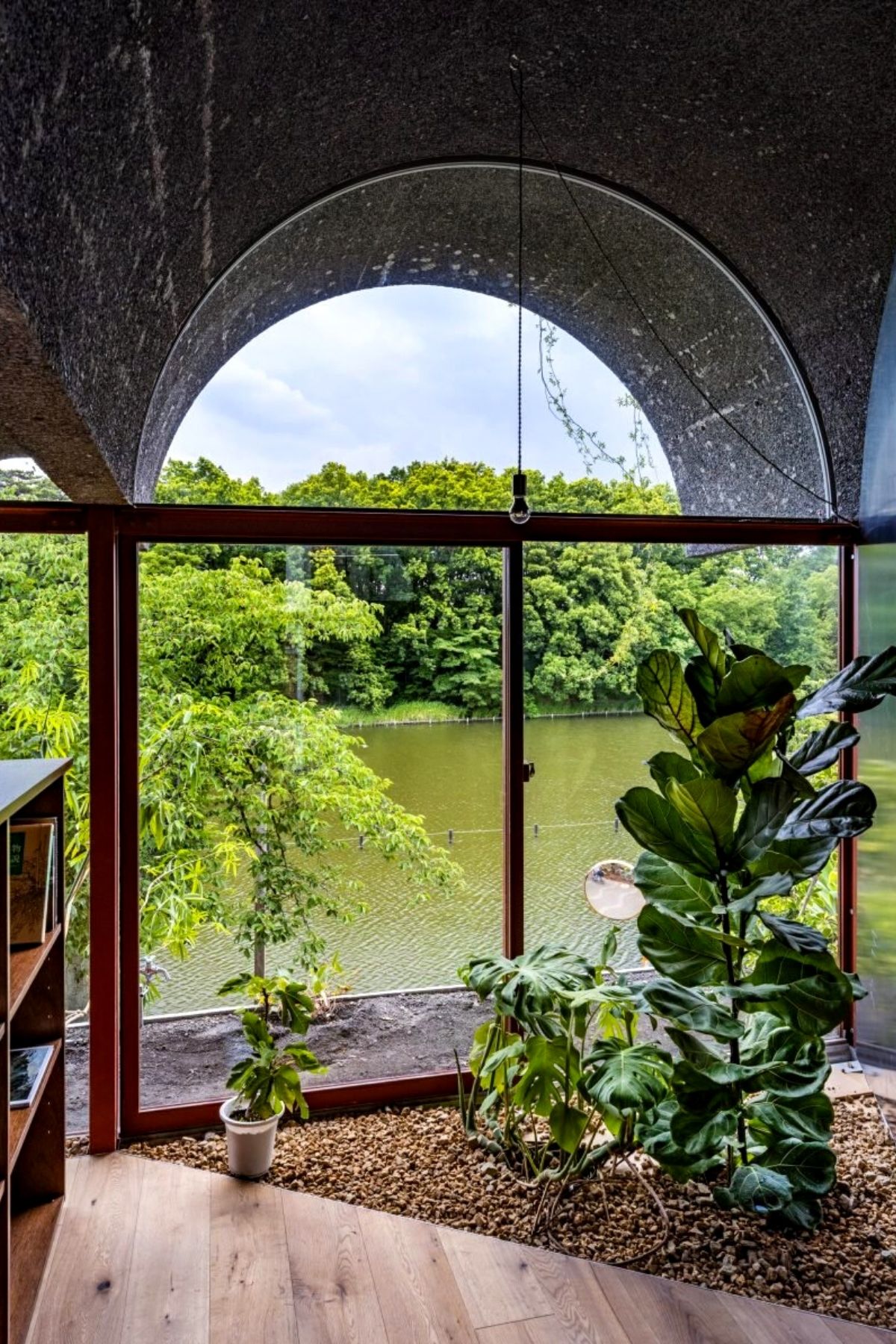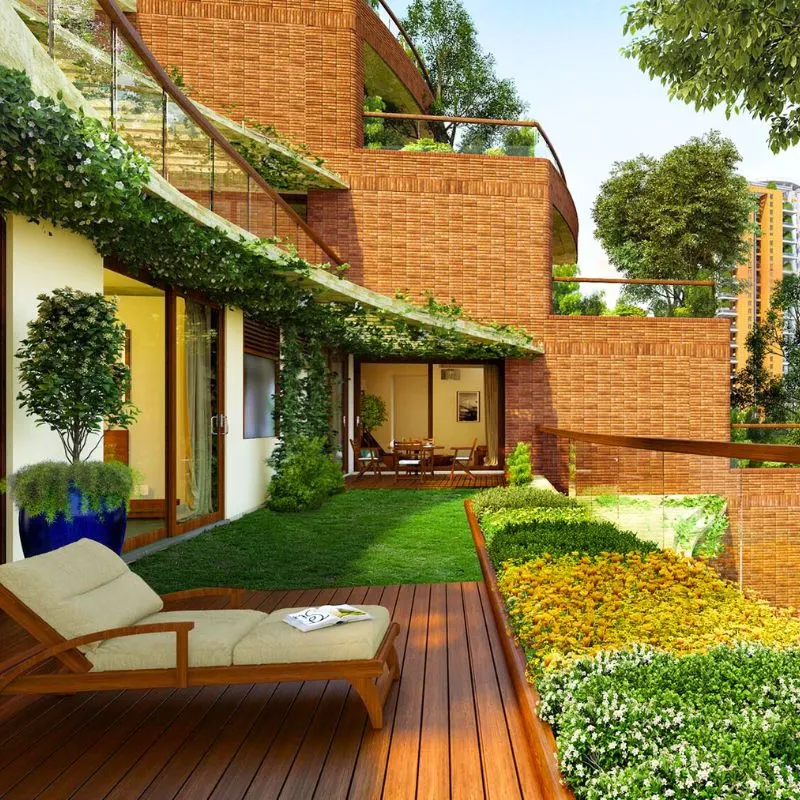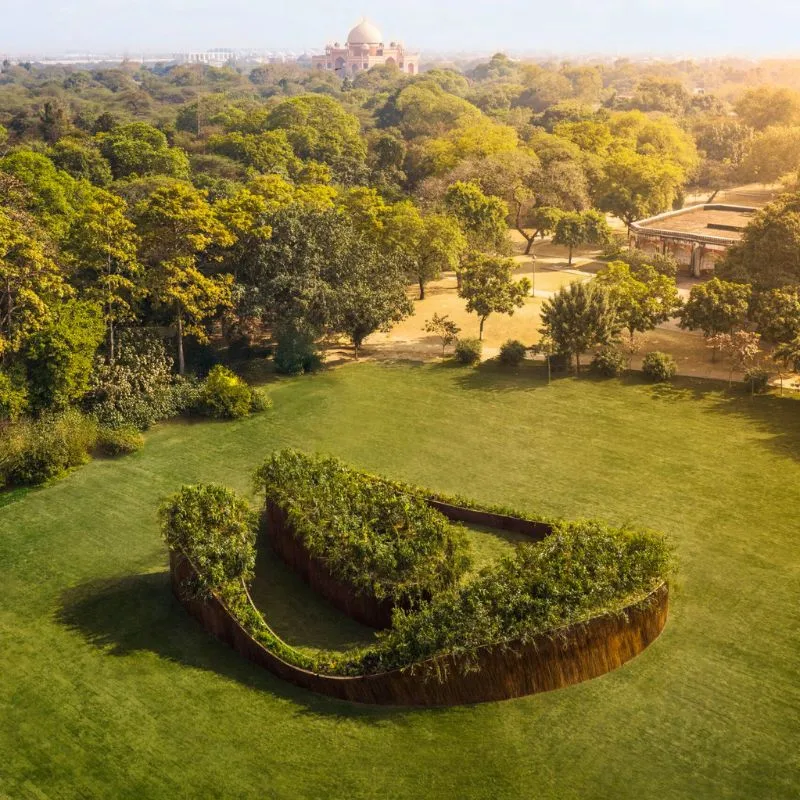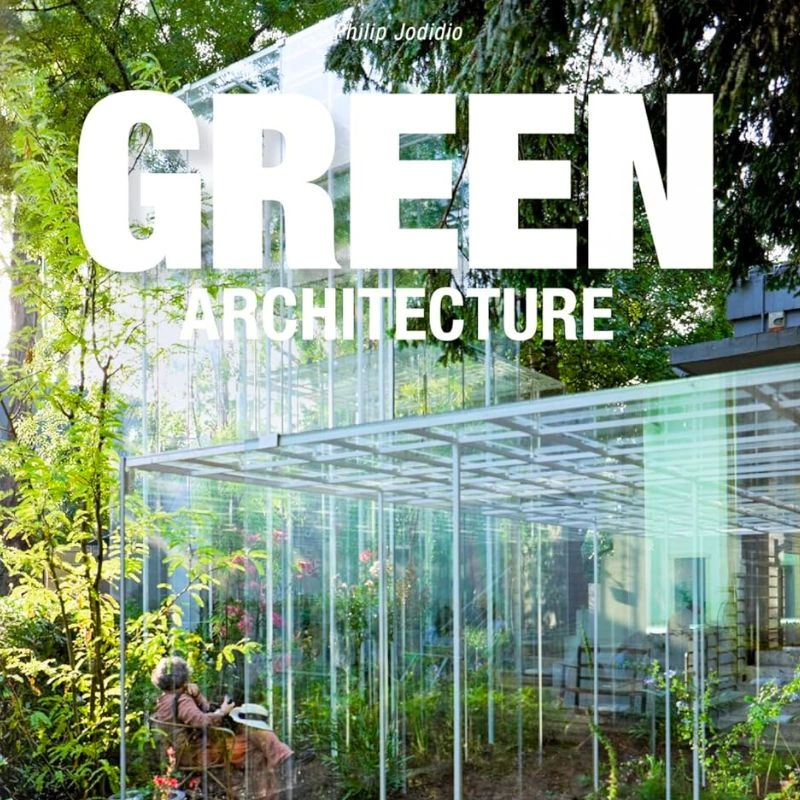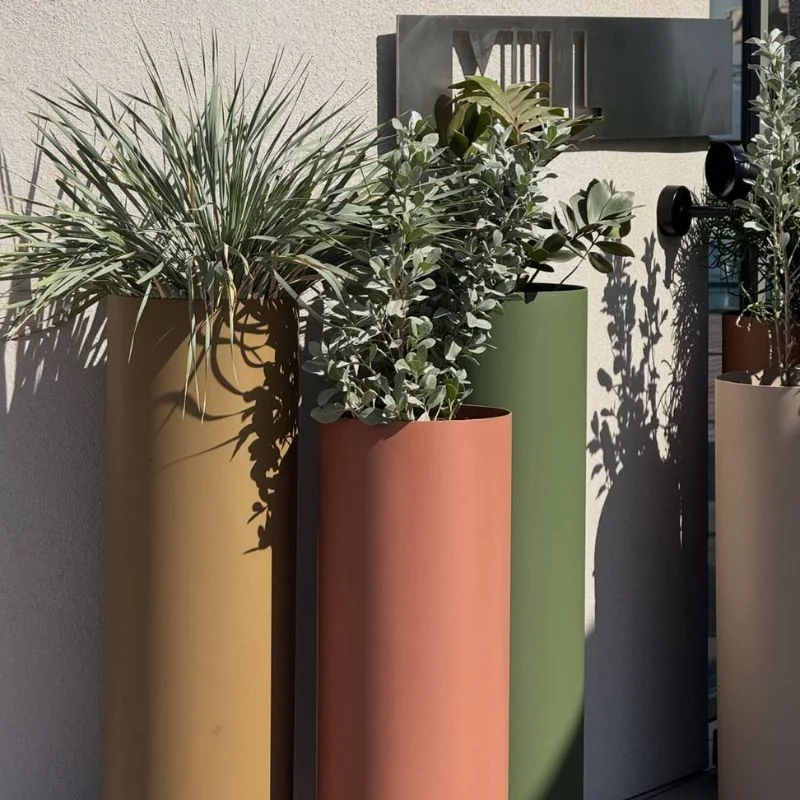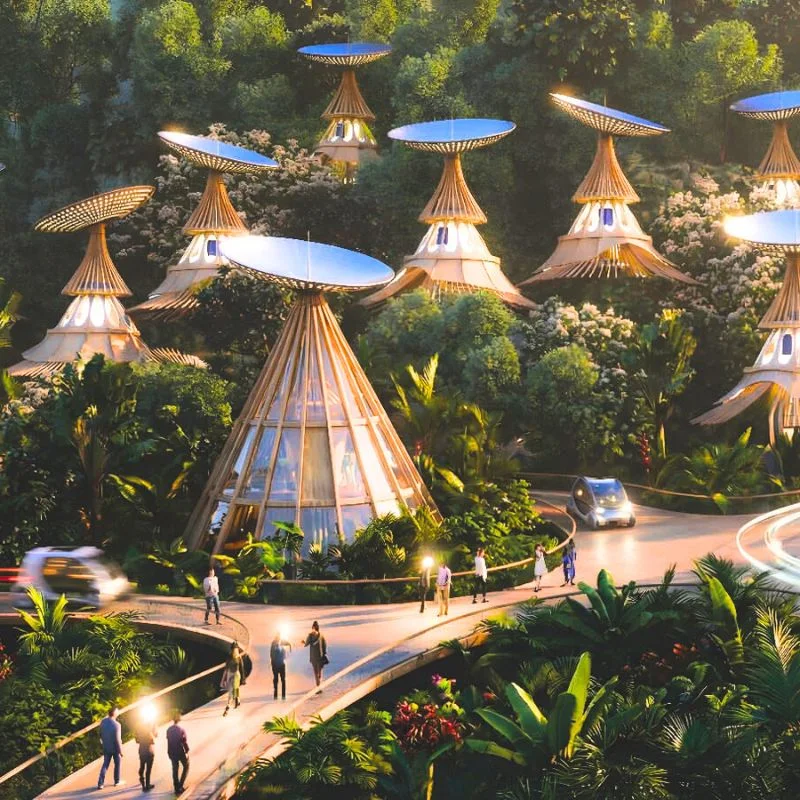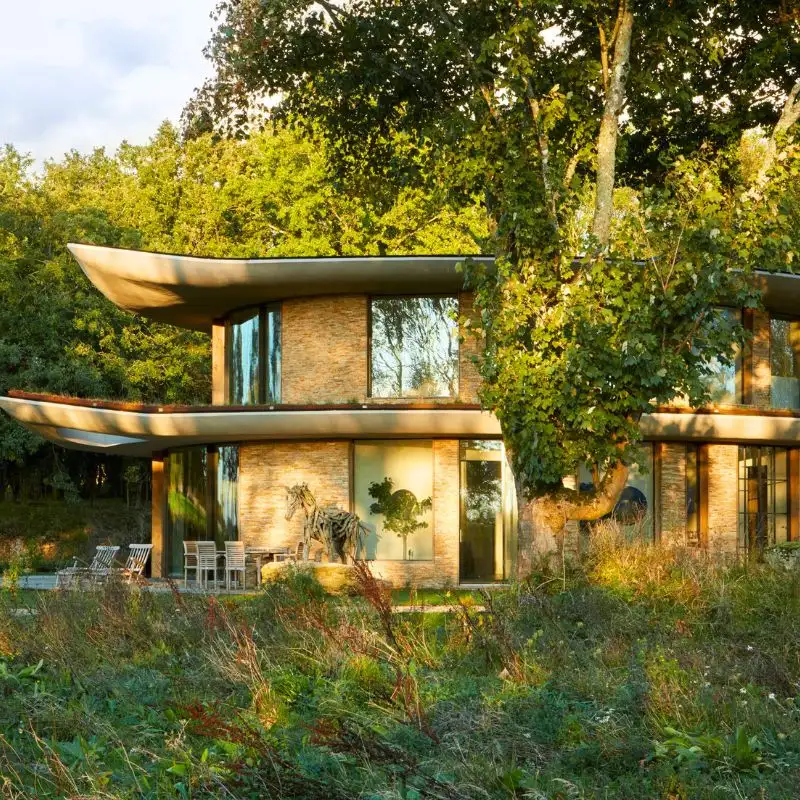Kiyoaki Takeda Architects, a Japanese studio, has completed a plant-covered house in Tokyo. The house is specially designed with vaulted slabs with soil, to grow the plants.
A House to Accommodate Plants
Kiyoaki Takeda, the founder of Kiyoaki Takeda Architects, read a scientific article about how human-made objects have now exceeded that of all living biomass. That's why he designed the Tsuruoka House. This is an architectural response from Takeda to this alarming statistic. He chooses to design a house incorporating gardens across multiple layers that could support both plants and wildlife.
Takeda
"Tsuruoka House is an architecture that's able to hold not only people but also other life forms: by opening the garden as an environment to other available life forms, this creates a community.
Vertical Gardens
Instead of designing a garden surrounding the base of the building, Takeda chose to stack the gardens vertically to increase the amount of space available for plants. Unlike typical green roofs, with a thin layer of soil suitable only for growing grasses, sedum, or mosses, Tsuruoka House has several spaces filled with soil that can support plants and trees with deeper roots. 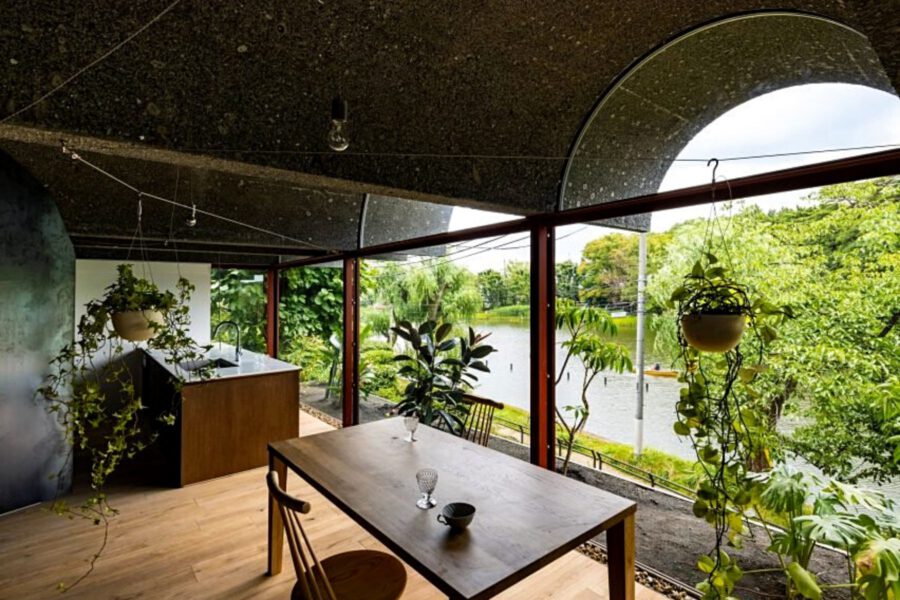
Takeda
"I wanted to create a small forest with a mixture of ground cover plants, shrubs, and small trees, therefore a thick layer of soil is needed. This approach goes against modern rooftop greening, which pursues thinner soil."
Concrete and Steel
Throughout the whole house, the concrete and steel are visible. It's necessary to be strong enough for all the weight of the soil. The vaults are constructed in a way rainwater will go to the lowest point always, where it then drains away through channels integrated into the main structure. 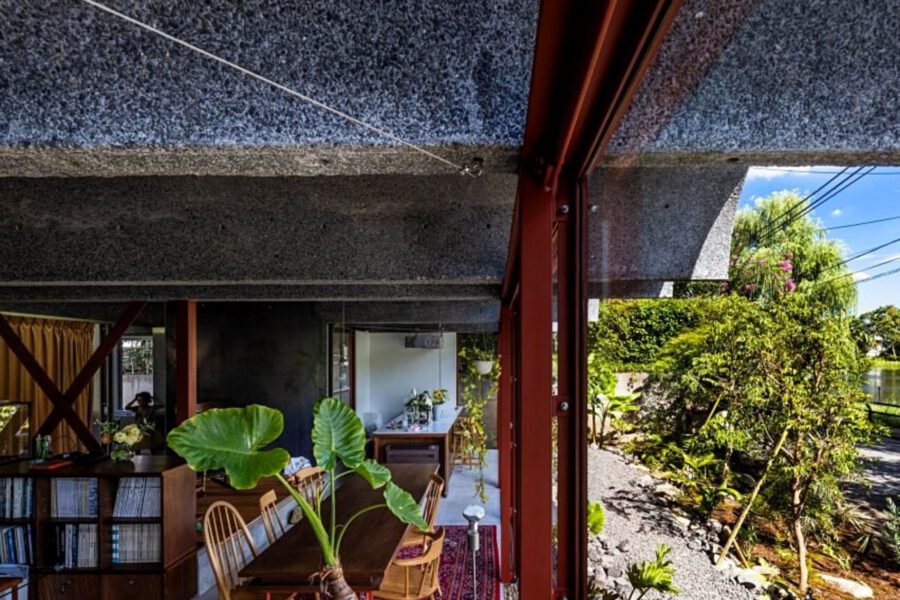
Benifits
The thick layer of soil provides other benefits, including protection from the heat in summer and the ability to store and gradually release heat from the underfloor heating in winter. Also, the form of the ceiling gives a free spirit feeling. Incorporated in these ceilings are suspending plants and lightning.
Green Barrier
When the plants grow they will form a green barrier to block the view and regulate the temperature to improve air quality around the building.
Takeda
"Over time, the plants will grow and birds and insects will introduce unplanned species. Eventually, a small forest could appear. Then, after decades, existing life forms will grow and hide the building entirely, and ultimately their bio-mass must surpass the mass of the human-made architecture."
